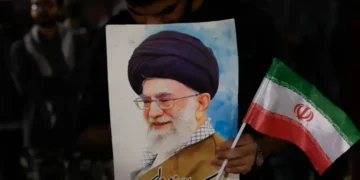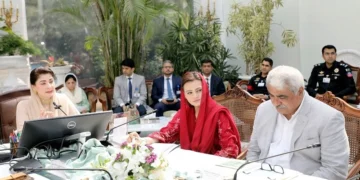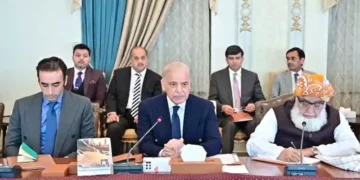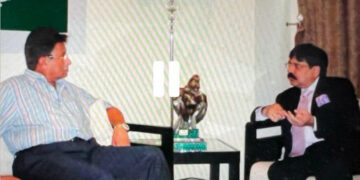CHITRAL: Kilash tribe’s annual religious festival, Chelam Josh, also known as Joshi in local language, ended in Bomburit Valley with all its colors and festivities, but the festival continues in Kailash Valley of Brier. In this festival, Kalash men beating drums while Kalash women perform folk dance by connecting shoulder to shoulder in a circle singing religious songs.


Religious leaders of Kalash community Qazi also singing religious songs and praying. Their families decorate their Caps with notes of one hundred, five hundred and thousand rupees. It is considered as a sign of respect and dignity for them. By after noon, Kalash women and children from different villages gather in groups they dancing and singing songs on the beat of drum (dholak). In After noon, Kailash people hold walnut branches and leaves in their hands and wave them. They move slowly towards the main dance place calling Chirsu, during which Muslims or people of other religions are not allowed to join this procession. When these people reach Charsu, they dance there with great enthusiasm


After that, the religious leaders of Kailash i.e. Qazis pour milk into the wheat crop, which is done for blessing, while the men go away from the chasso and hold walnut twigs, leaves or flowers in their hands and pray loudly in their own language. They slowly come towards the dance floor while singing religious songs. But a person belonging to any other religion is not allowed to come in front of them. In Charsu women also hold twigs and leaves in their hands and wave them and sing songs and wait for men.
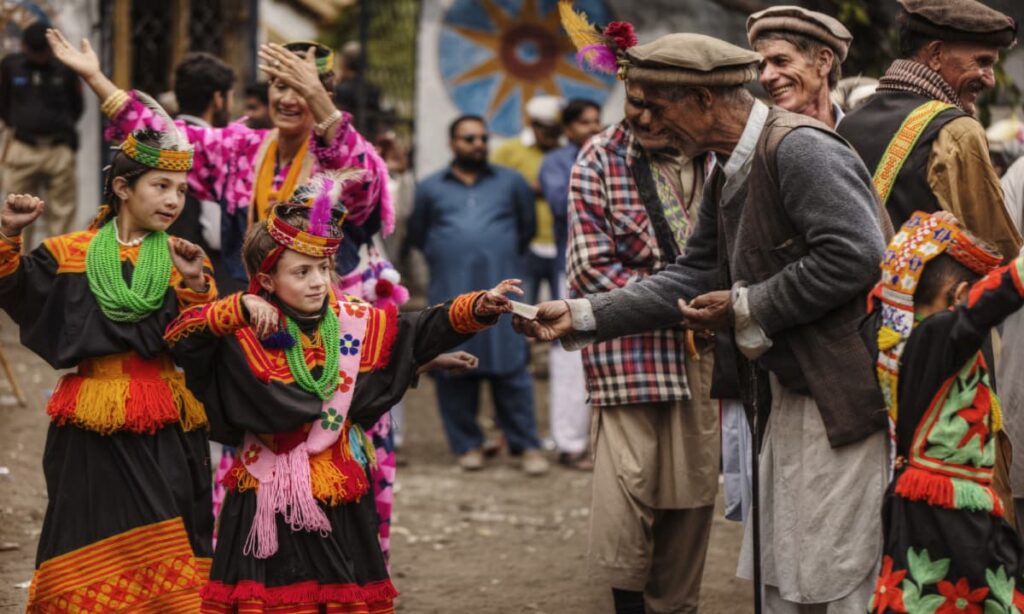

When the men, led by their Qazis, reach the dance place i.e. Chirsu, they all gather together and perform a dance while throwing leaves and twigs in their hands on the women. A large number of local and foreign tourists had come to witness this festival. However, they had to face some difficulties due to the bad roads condition and lack of seating and other facilities for the tourists. A dozen tourists from Finland visited the Kailash Valley for the first time on the invitation of the Chitral Travel Bureau. When these tourists were asked about this festival, they said that the government and non-government organizations that work for the development of tourism should pay more attention on tourism and should take concrete steps to promote tourism in this region. But more work should be done so that the tourists do not face any difficulties in coming and going on these roads , and with more tourists coming here, the economic condition of the people of this area will also be improve.
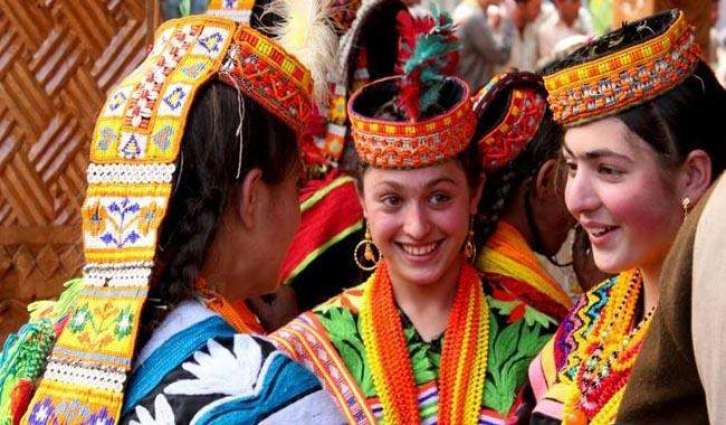

The Chitral Travel Bureau is committed to advancing responsible, sustainable, regenerative, and transformative tourism, particularly in the context of nature-based tourism. In a discussion with our representative in the Kalash Valley, the CEO of CTB highlighted the crucial role of engaging the local community in managing destinations, operations, and events to mitigate the adverse effects of tourism and amplify its benefits. Furthermore, he expressed his concerns that un-ognized and unregulated tourism could jeopardize the objectives of sustainable mountain tourism in regions such as Hindukush, Karakorum, and Himalaya, which are highly sensitive to climate change, glacier melting, and environmental degradation, thereby harming the biodiversity and overall sustainability of the tourism industry.
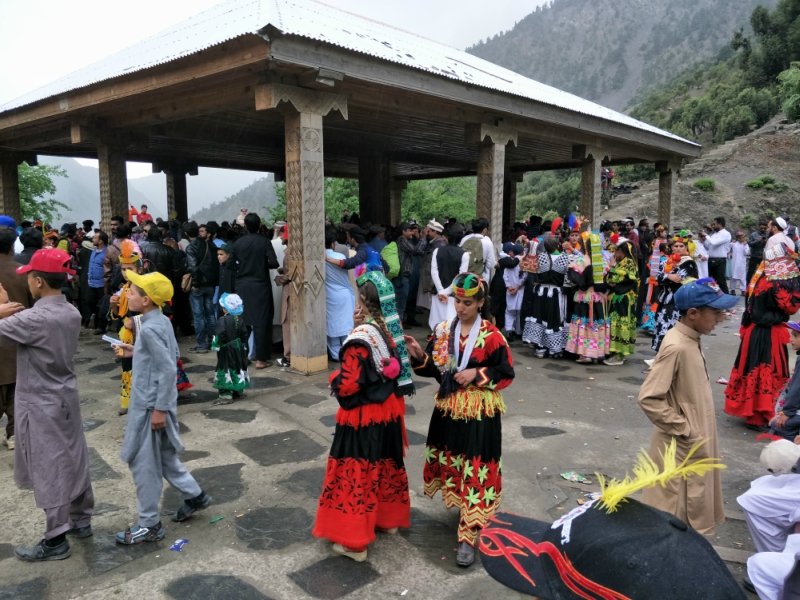

Some tourists also suggested that the huge amount of money that comes out of the national exchequer in the name of celebrating various festivals, fairs or tournaments in Chitral which mostly spending by given VIP protocol to the bureaucrats or to facilitate a few officers and their families. Instead of doing this, it would be more beneficial to spend this amount on the construction and repair of these roads and to improve further arrangements to facilitate domestic and foreign tourist. By this way on one hand tourists will not be faced difficulties in coming and going to Chital while on the other hand, by developing tourism, this area will also be developed and poverty will be eradicated from here.
By: Gul Hamad Farooqi







